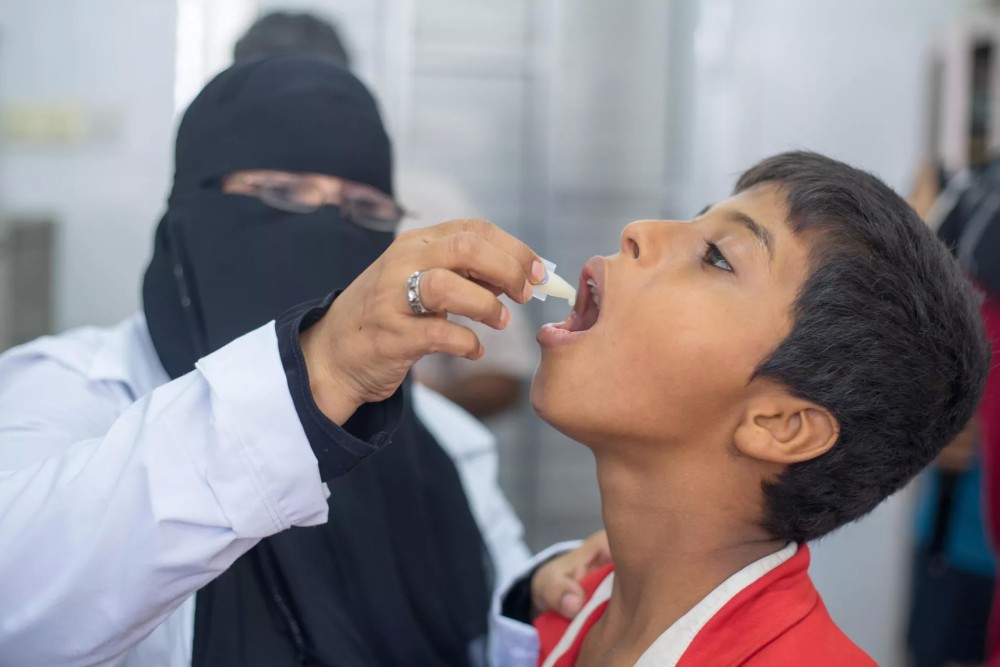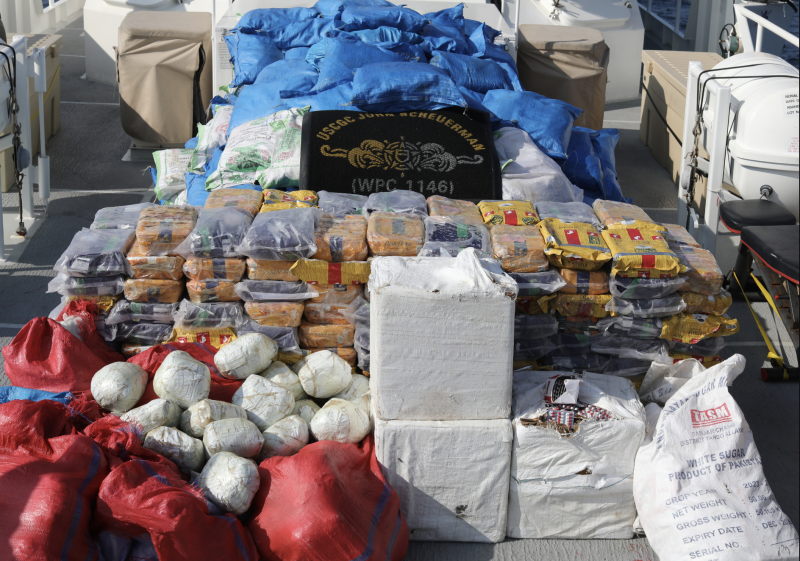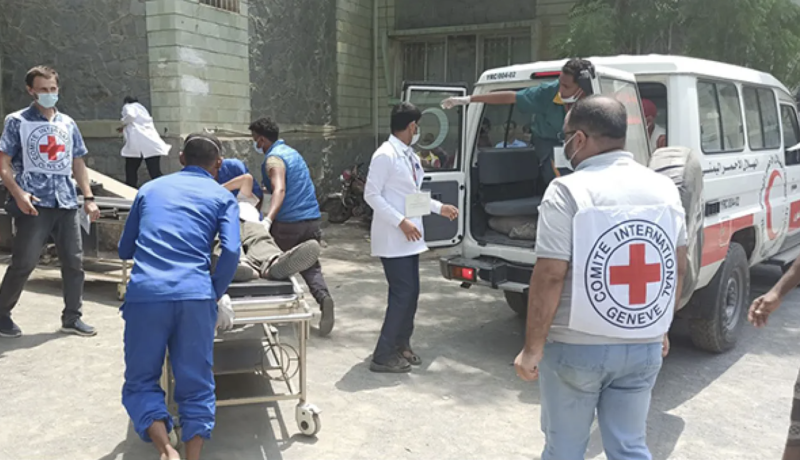Yemen : Ministry of Public Health and Population, GAVI, WHO and UNICEF launch an oral cholera vaccination campaign


The Ministry of Public Health and Population, in collaboration with the World Health Organization (WHO) and the United Nations Children's Fund (UNICEF), and with support from Gavi, the Vaccine Alliance, is launching a mass oral cholera vaccination (OCV) campaign.
The initiative aims to administer a single dose of OCV to 3.8 million individuals across 6 governorates – Aden, Abyan, Al-Dhale, Lahj, Marib and Taiz – in an effort to mitigate the ongoing cholera outbreak. Yemen is experiencing multiple concurrent outbreaks of vaccine-preventable diseases, exacerbated by low vaccination rates, misinformation and weak infrastructure. Between the outbreak of cholera in March 2024 and the end of November 2024, Yemen reported 240 000 suspected cases and 844 associated deaths.
“Every day we witness individuals suffering from diseases that could have been prevented with a simple vaccine. Addressing these challenges requires a coordinated and integrated approach and this campaign is a crucial step in that direction,” said WHO Representative and Head of Mission in Yemen Dr Arturo Pesigan.
“By ensuring access to vaccination services, engaging with communities, preparing for outbreaks and coordinating multisectoral actions, we are striving to create resilient communities and achieve better health outcomes.”
“Women, girls, and boys in Yemen are facing grave health challenges. Many lives are lost to diseases that can be prevented by vaccines,” said UNICEF representative to Yemen, Peter Hawkins. “Cholera and acute watery diarrhoea are preventable and can be treated, and it is our collective responsibility to ensure that no one is left behind,” he added.
To reduce cholera morbidity and mortality rates among vulnerable communities, the campaign has mobilized 3672 vaccination teams, each comprising a vaccinator and a data collector, supported by 808 supervisors. Teams are tasked with vaccinating 200 individuals a day in urban areas, 180 in rural areas, and 150 in hard-to-reach areas. The campaign is set to run from 7 to 12 November 2024, and aims to provide comprehensive vaccination coverage to the targeted population, aged 1 year and above, across 34 districts in Yemen.
To ensure extensive coverage of at-risk populations, the campaign will adopt a door-to-door vaccination strategy, supplemented by fixed sites and outreach teams. All areas have been meticulously mapped and outlined in district-level micro-plans to ensure the efficient deployment of vaccination teams. Training for the 7196 essential health workers involved in the campaign has been completed and they have been provided with all necessary logistics to ensure the initiative is implemented successfully.
Vaccination activities in Yemen face multiple challenges. The ongoing conflict has severely disrupted health care infrastructure and there has been an increase in vaccine hesitancy. Cholera response requires a multisectoral approach. OCV is a vital complementary tool, but investment in water, sanitation and hygiene, health care and community engagement are essential to stop the spread and save lives.
In 2024, the International Cholera Group (ICG), in collaboration with the Ministry of Health and with substantial support from WHO, conducted a comprehensive monitoring of epidemiological situations and performed risk analyses using multiple indicators. They approved the use of vaccines from the global stockpile for 34 high-priority districts in southern Yemen.
Gavi has provided robust support for the mass campaign, offering operational funding for the implementation of the OCV campaign across targeted areas.

Aden – The Combined Maritime Forces (CMF) announced Tuesday the seizure of a new shipment of illicit narcotics valued at more than $142 milli…

Geneva – United Nations High Commissioner for Human Rights Volker Türk has renewed his urgent appeal for the immediate and unconditional…

Geneva — The International Committee of the Red Cross (ICRC) has welcomed the preliminary agreement reached between Yemen’s warring par…